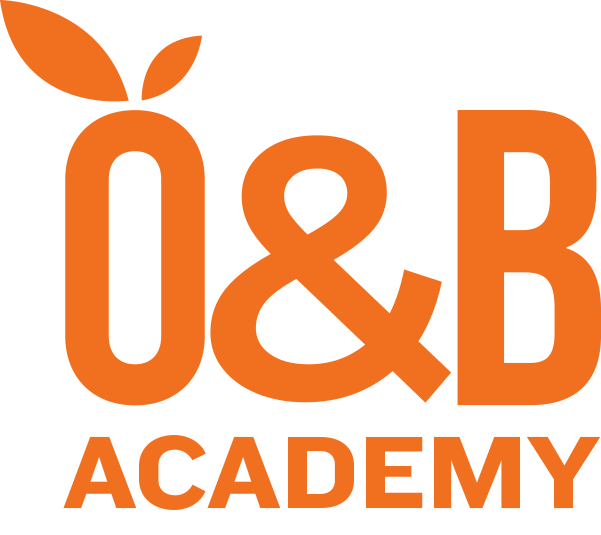Course Overview
Classic Hadoop is a pioneering open-source framework designed for distributed storage and processing of large datasets across clusters of commodity hardware. It introduced the MapReduce programming model, enabling parallel data processing tasks on the stored data.
At its core, Classic Hadoop consists of the Hadoop Distributed File System (HDFS), which stores data across a cluster, and the MapReduce processing framework for parallel computation. These components formed the foundation of the Hadoop ecosystem.
Learning Outcomes
- Learning Hadoop exposes you to the MapReduce programming model, which involves breaking down complex tasks into smaller subtasks (map) and then aggregating the results (reduce). This approach enhances your understanding of parallel processing and fault tolerance.
- Hadoop’s HDFS teaches you about distributed data storage, replication strategies, and data retrieval mechanisms. You’ll understand how to manage data across a cluster for reliability and quick access.
Course Outline
Day 1
- Introduction to Big Data & Hadoop
- OLTP vs OLAP
- Hadoop vs RDBMS
- Data Sources
- Data Lake
- Data Warehouse
- Data Marts
- Major Hadoop Vendors
- Open Source
- Cloudera Data Platform
- Map/R
- Amazon Web Services
- Google Cloud Platform
- Hadoop Architecture
- HDFS
- Namenode
- Datanode
- Blocks
- Command Line
- WebHDFS
- Yarn
- Resource Manager
- Node Manager
- Zookeeper
- HDFS
- Hue
- Working Group Formation
Day 2
- Algorithms – MapReduce
- Engine – Tez
- Sqoop
- JDBC
- Hive
- Commands
- Data Types
- DDL
- DML
- Metastore
- Partitions
- File Formats
Day 3
- Presto
- Flink
Day 4
- Oozie
Day 5
- Kafka
Day 6
- HBase
- HMaster
- Region Server
- ZooKeeper
- HDFS
Day 7
- HDFS
- Maintenance
- Rack Awareness
- Tuning
- Failover & Disaster Recovery
- Rebalancing
- Security
- Kerberos
- Ranger
- YARN
- Maintenance
- Tuning
- Failover & Disaster Recovery
Day 8 - 10
- Deployment on Amazon Web Services
- Sample Application
- Individual and Group Work
- Presentations and Final Exam
Skill Level
Suitable For
Classic Hadoop was suitable for a specific set of people who were dealing with large-scale data processing and analytics challenges during the time when it was widely used.
Prerequisites
- JAVA-101 — Java Fundamentals
- SQL-101 — SQL Fundamentals
Duration
day
Related Topics
Skill Level
Suitable For
Classic Hadoop was suitable for a specific set of people who were dealing with large-scale data processing and analytics challenges during the time when it was widely used.
Duration
day
Related Topics
Course Overview
Classic Hadoop is a pioneering open-source framework designed for distributed storage and processing of large datasets across clusters of commodity hardware. It introduced the MapReduce programming model, enabling parallel data processing tasks on the stored data.
At its core, Classic Hadoop consists of the Hadoop Distributed File System (HDFS), which stores data across a cluster, and the MapReduce processing framework for parallel computation. These components formed the foundation of the Hadoop ecosystem.
Learning Outcomes
- Learning Hadoop exposes you to the MapReduce programming model, which involves breaking down complex tasks into smaller subtasks (map) and then aggregating the results (reduce). This approach enhances your understanding of parallel processing and fault tolerance.
- Hadoop’s HDFS teaches you about distributed data storage, replication strategies, and data retrieval mechanisms. You’ll understand how to manage data across a cluster for reliability and quick access.
Course Outline
Day 1
- Introduction to Big Data & Hadoop
- OLTP vs OLAP
- Hadoop vs RDBMS
- Data Sources
- Data Lake
- Data Warehouse
- Data Marts
- Major Hadoop Vendors
- Open Source
- Cloudera Data Platform
- Map/R
- Amazon Web Services
- Google Cloud Platform
- Hadoop Architecture
- HDFS
- Namenode
- Datanode
- Blocks
- Command Line
- WebHDFS
- Yarn
- Resource Manager
- Node Manager
- Zookeeper
- HDFS
- Hue
- Working Group Formation
Day 2
- Algorithms – MapReduce
- Engine – Tez
- Sqoop
- JDBC
- Hive
- Commands
- Data Types
- DDL
- DML
- Metastore
- Partitions
- File Formats
Day 3
- Presto
- Flink
Day 4
- Oozie
Day 5
- Kafka
Day 6
- HBase
- HMaster
- Region Server
- ZooKeeper
- HDFS
Day 7
- HDFS
- Maintenance
- Rack Awareness
- Tuning
- Failover & Disaster Recovery
- Rebalancing
- Security
- Kerberos
- Ranger
- YARN
- Maintenance
- Tuning
- Failover & Disaster Recovery
Day 8 - 10
- Deployment on Amazon Web Services
- Sample Application
- Individual and Group Work
- Presentations and Final Exam



